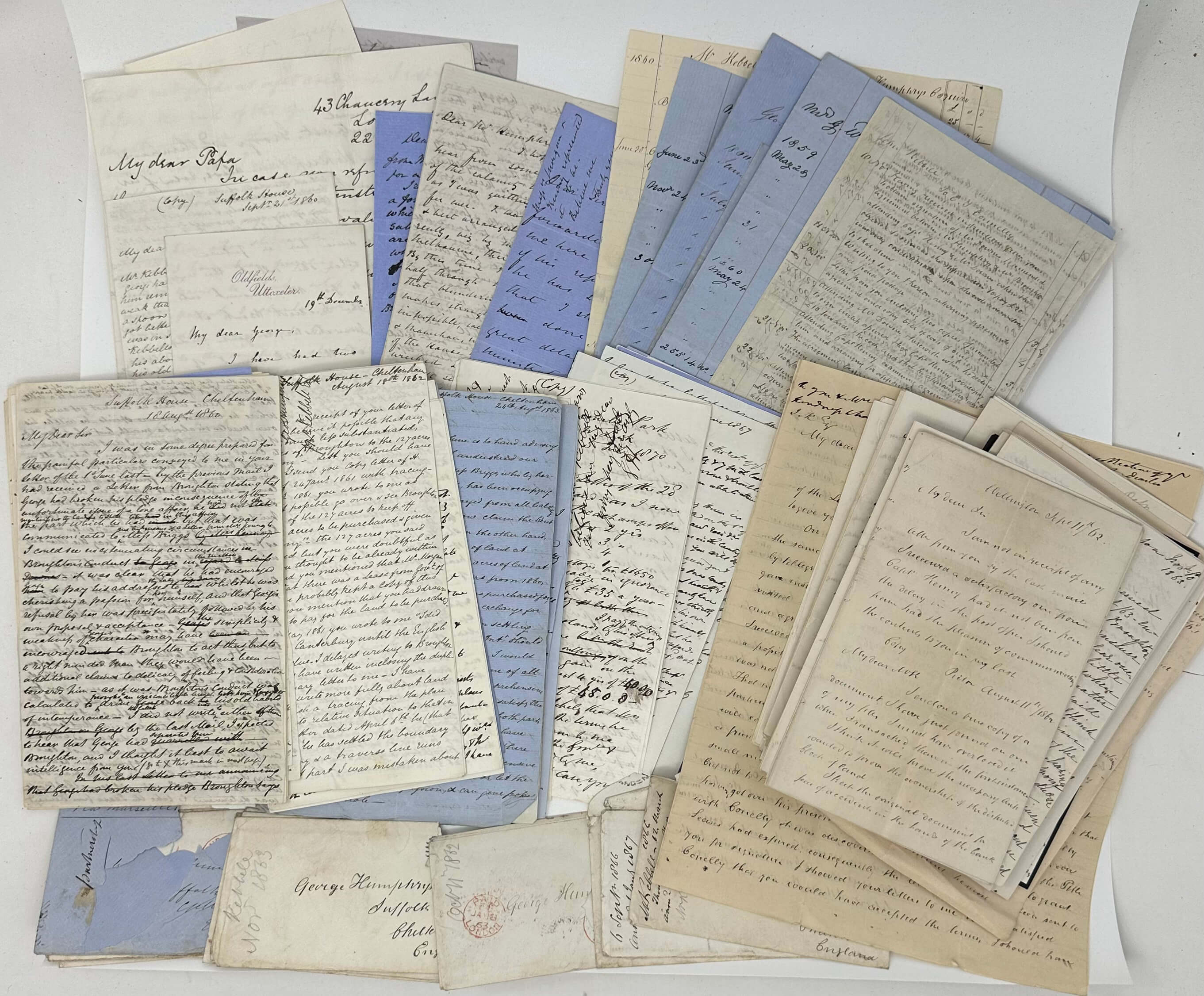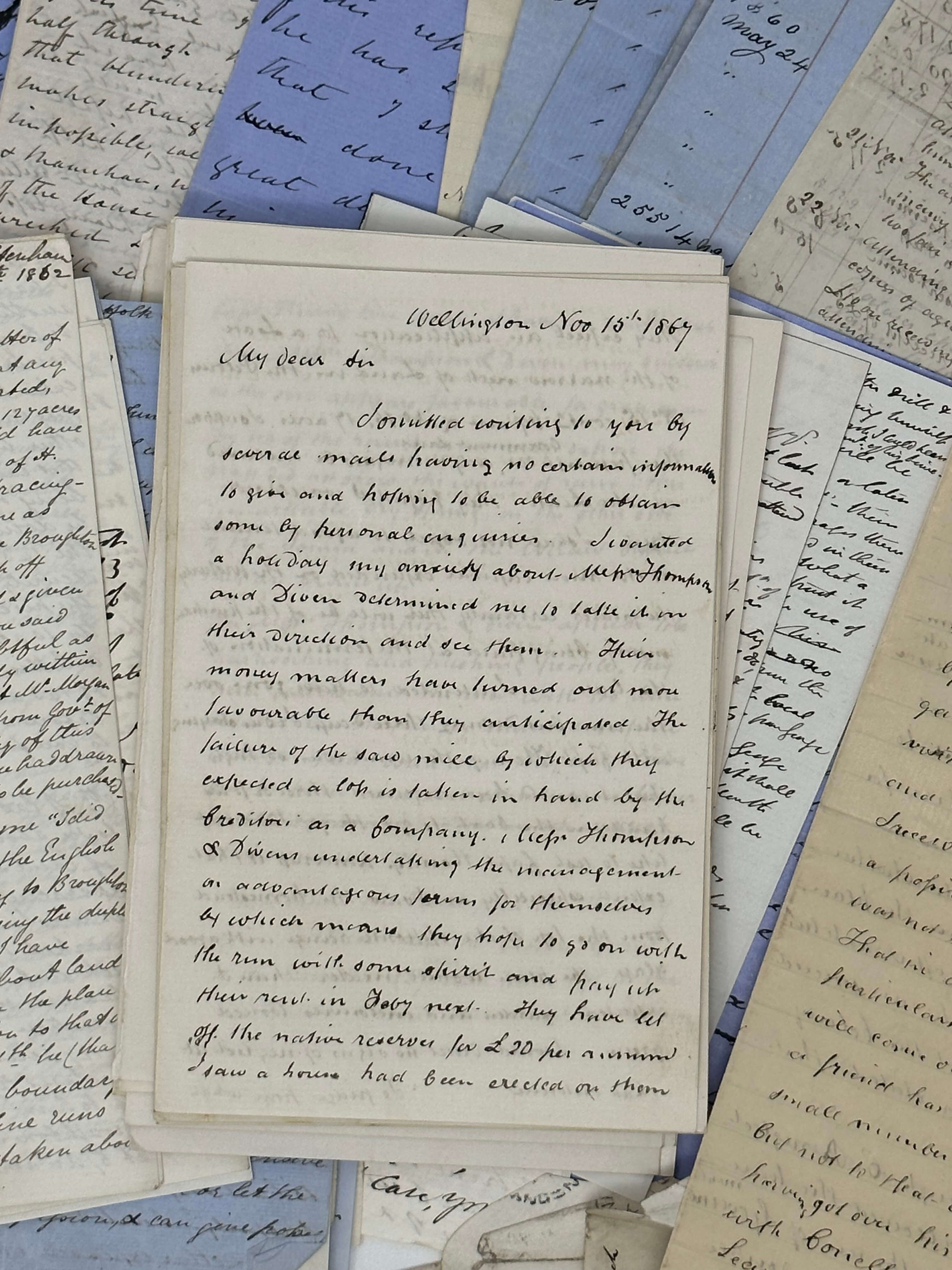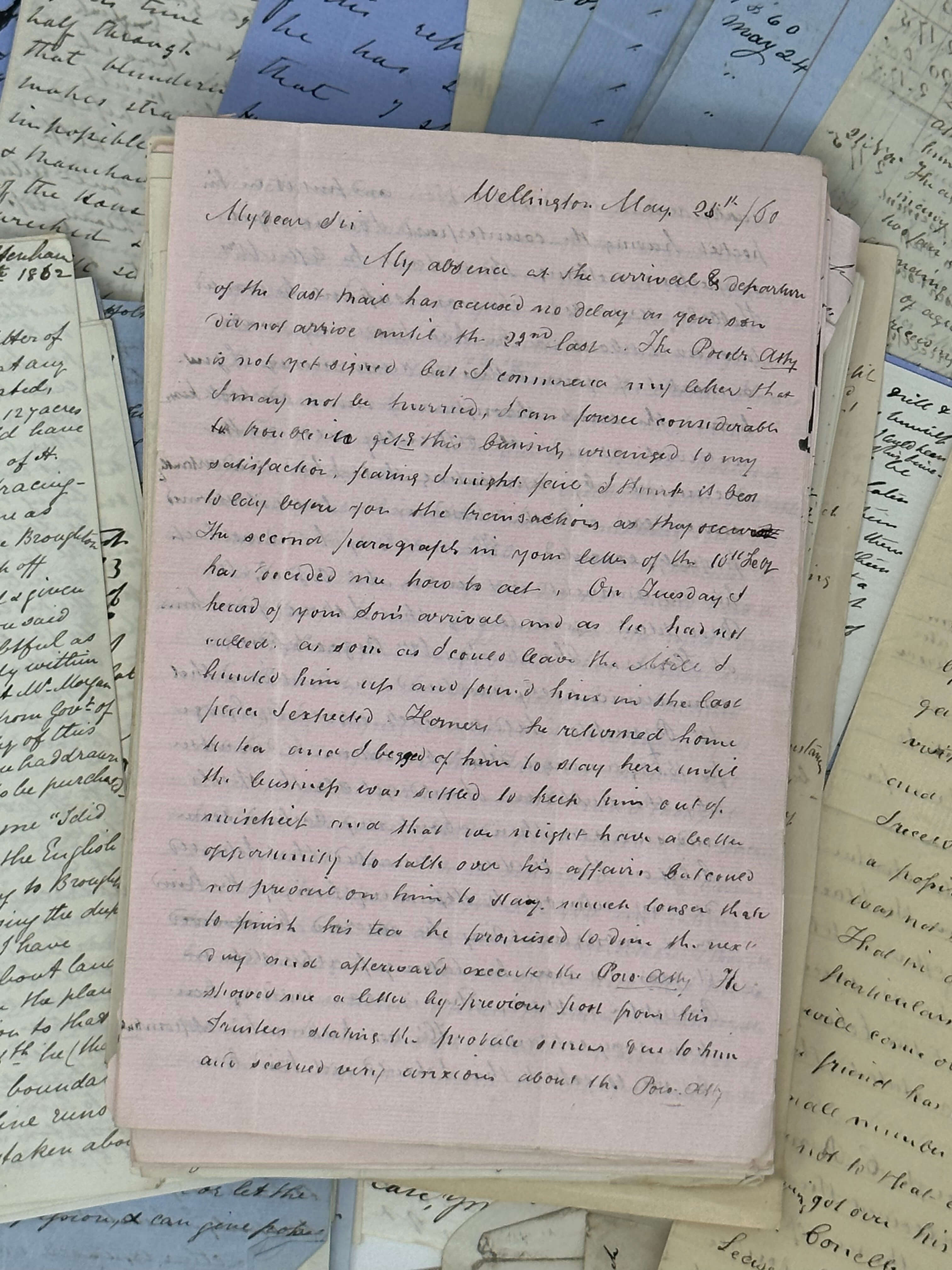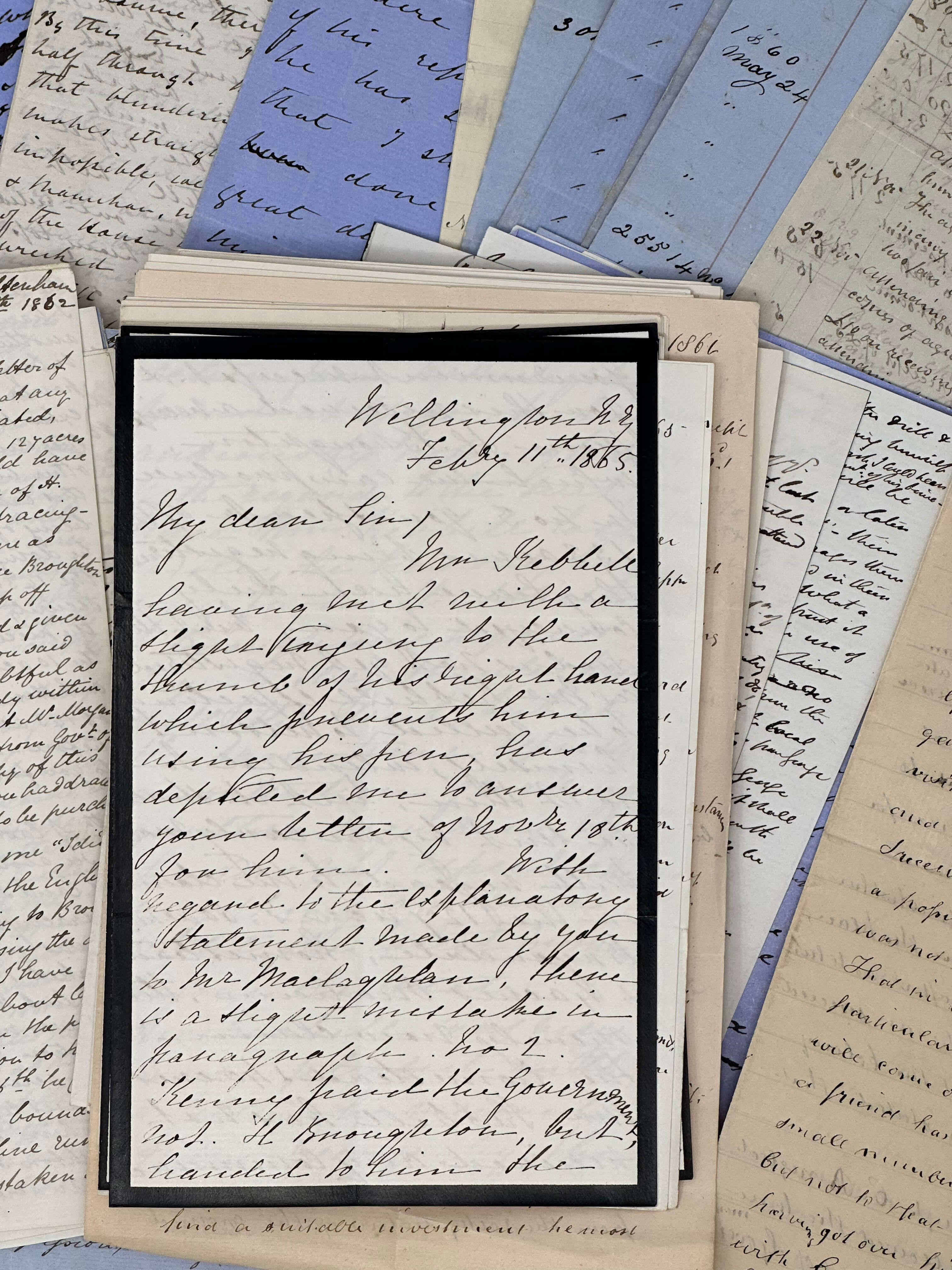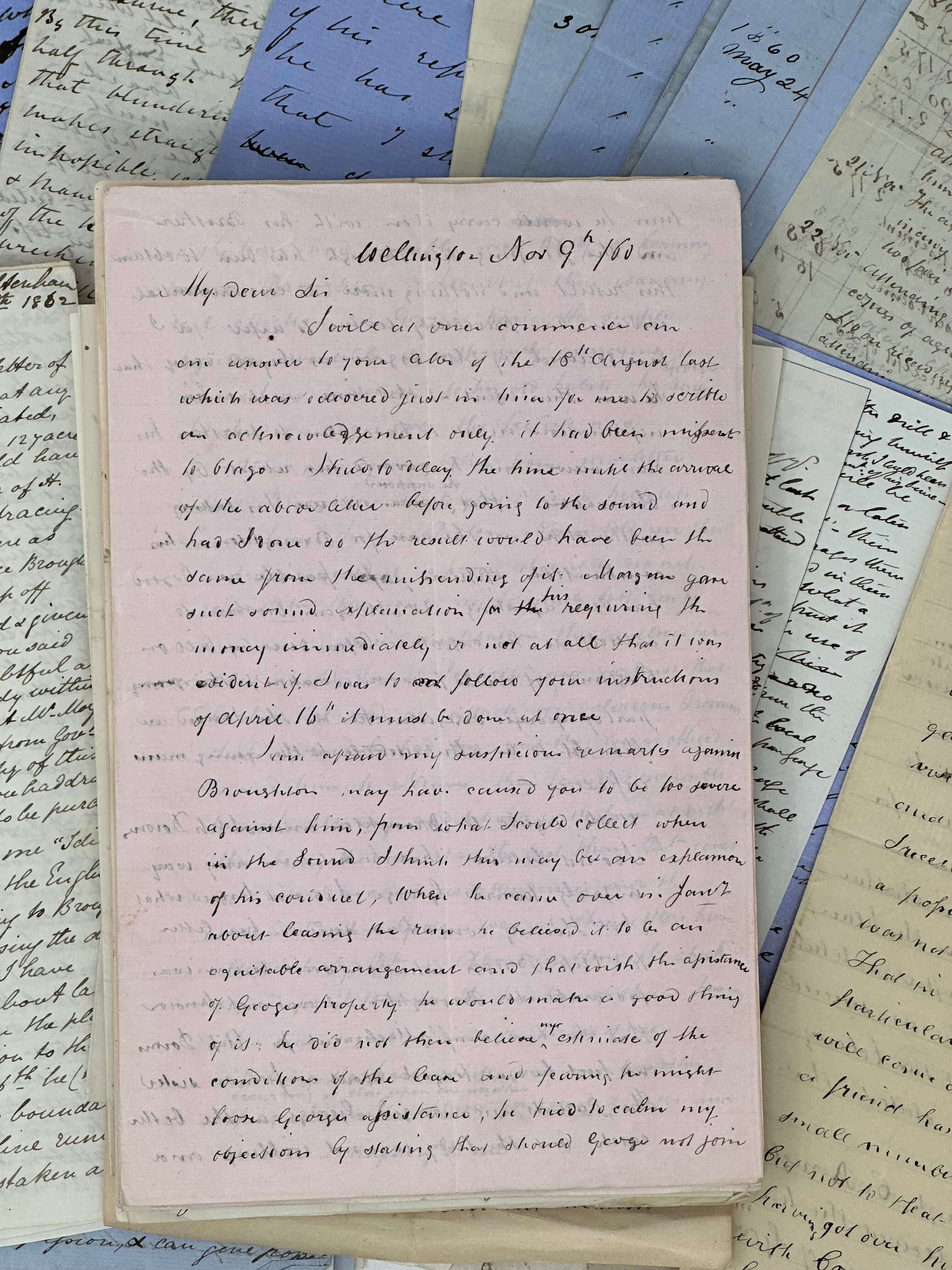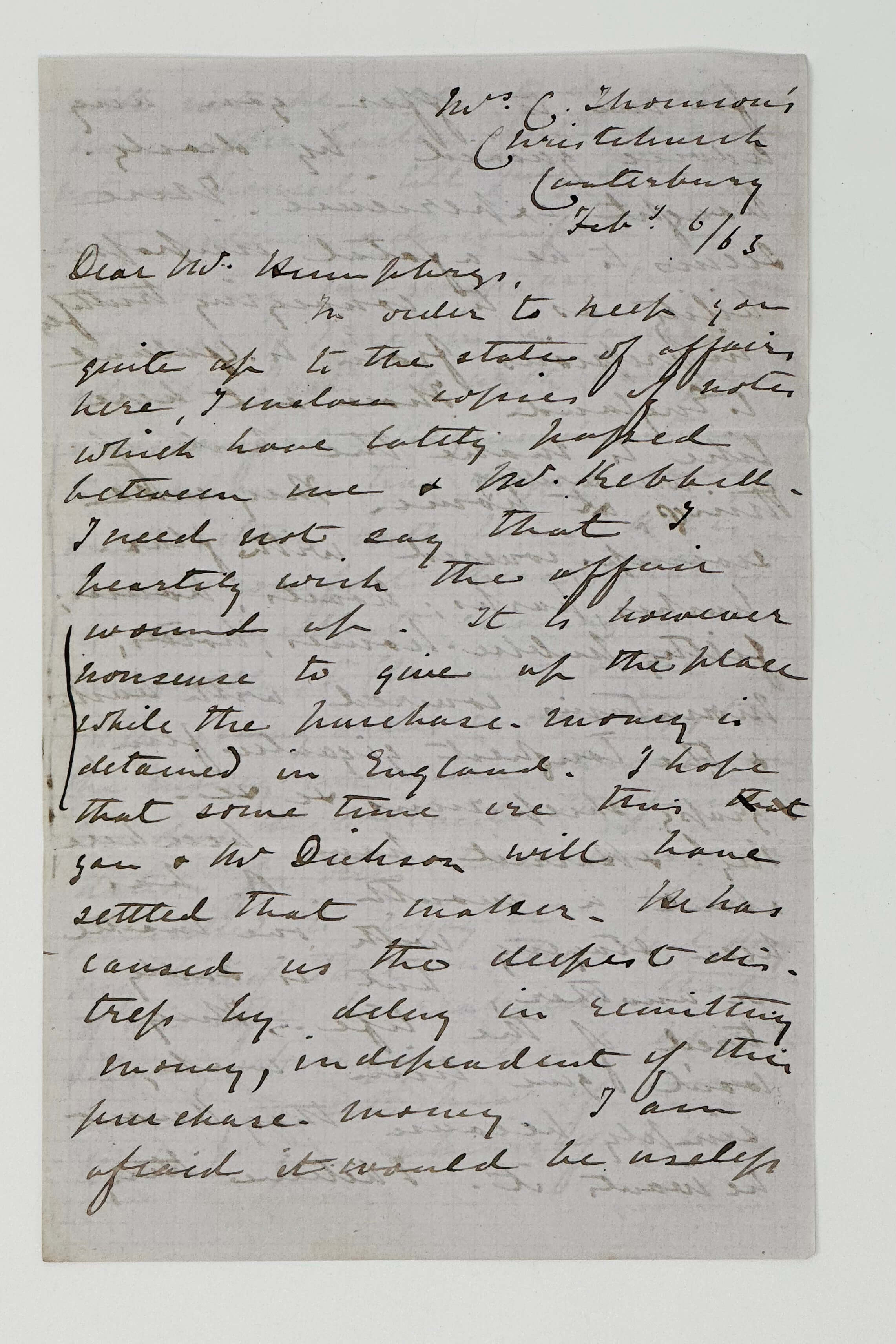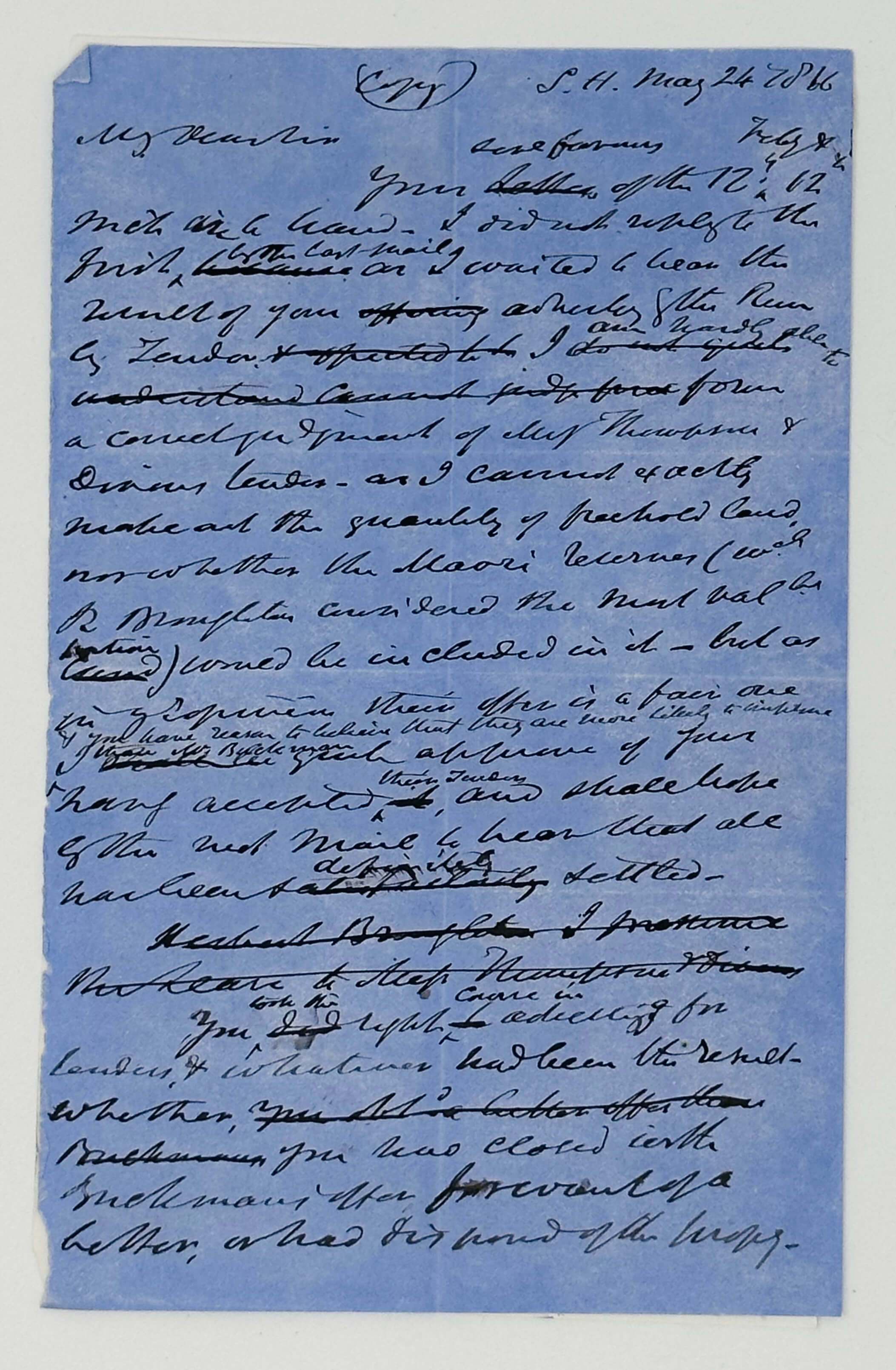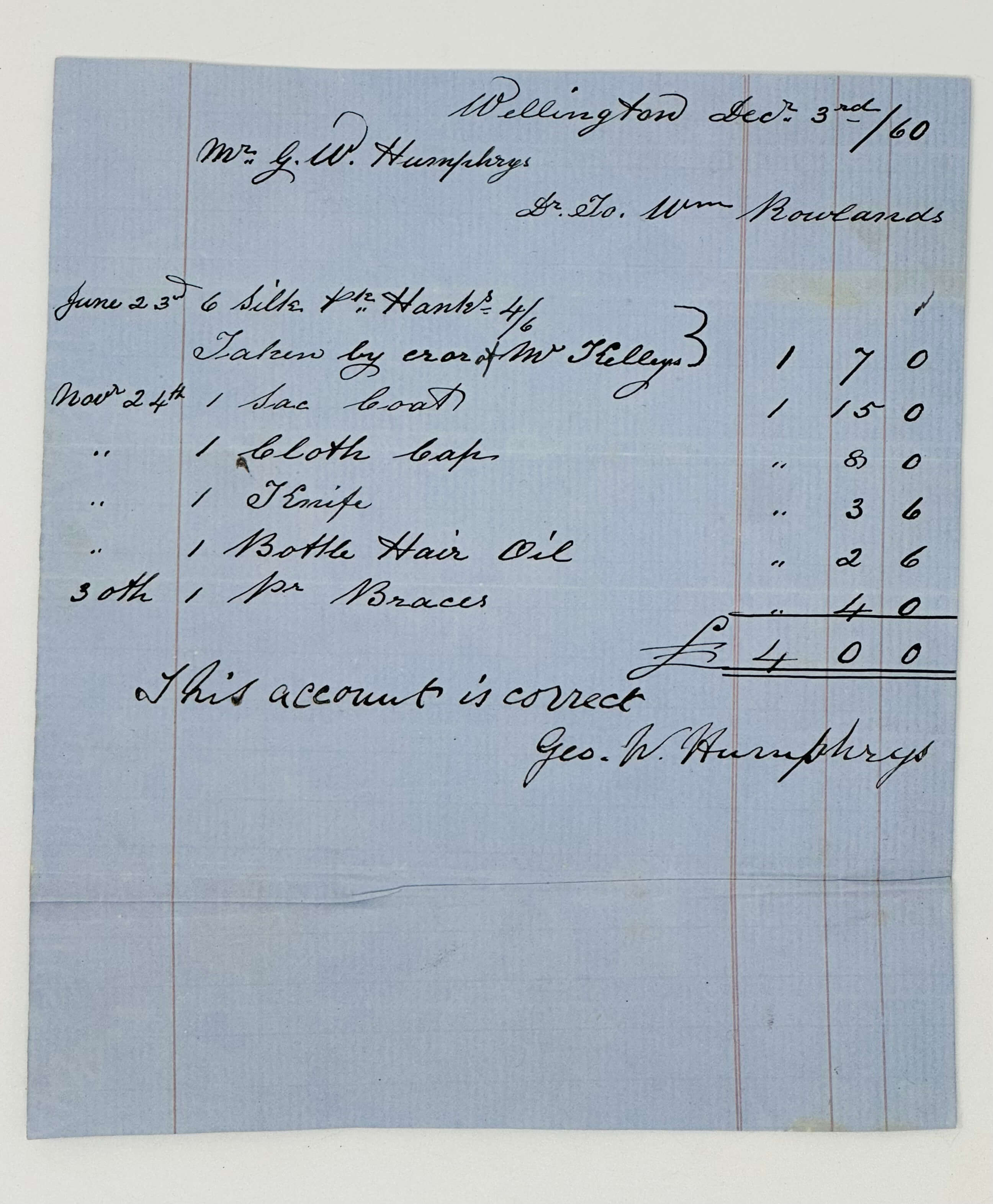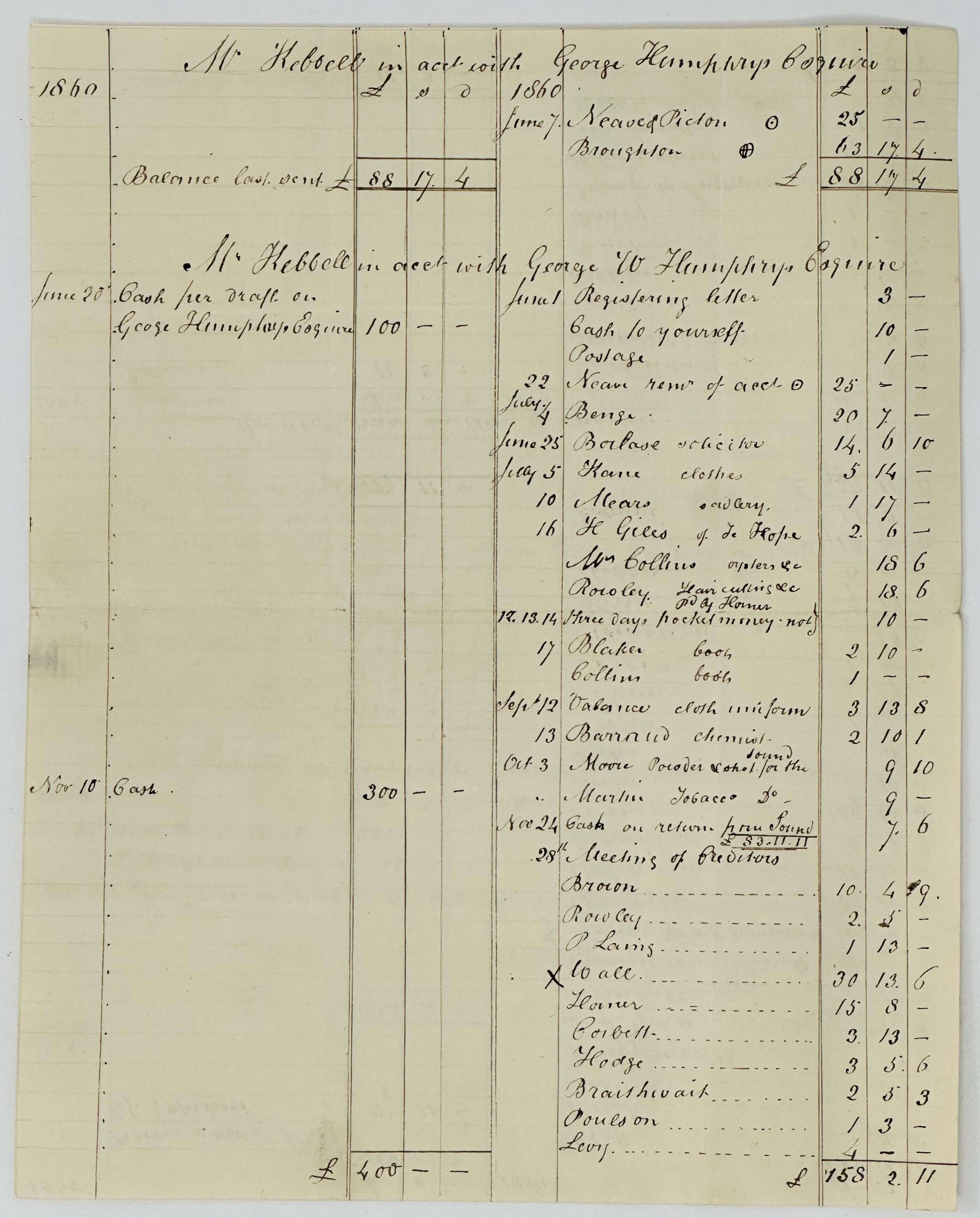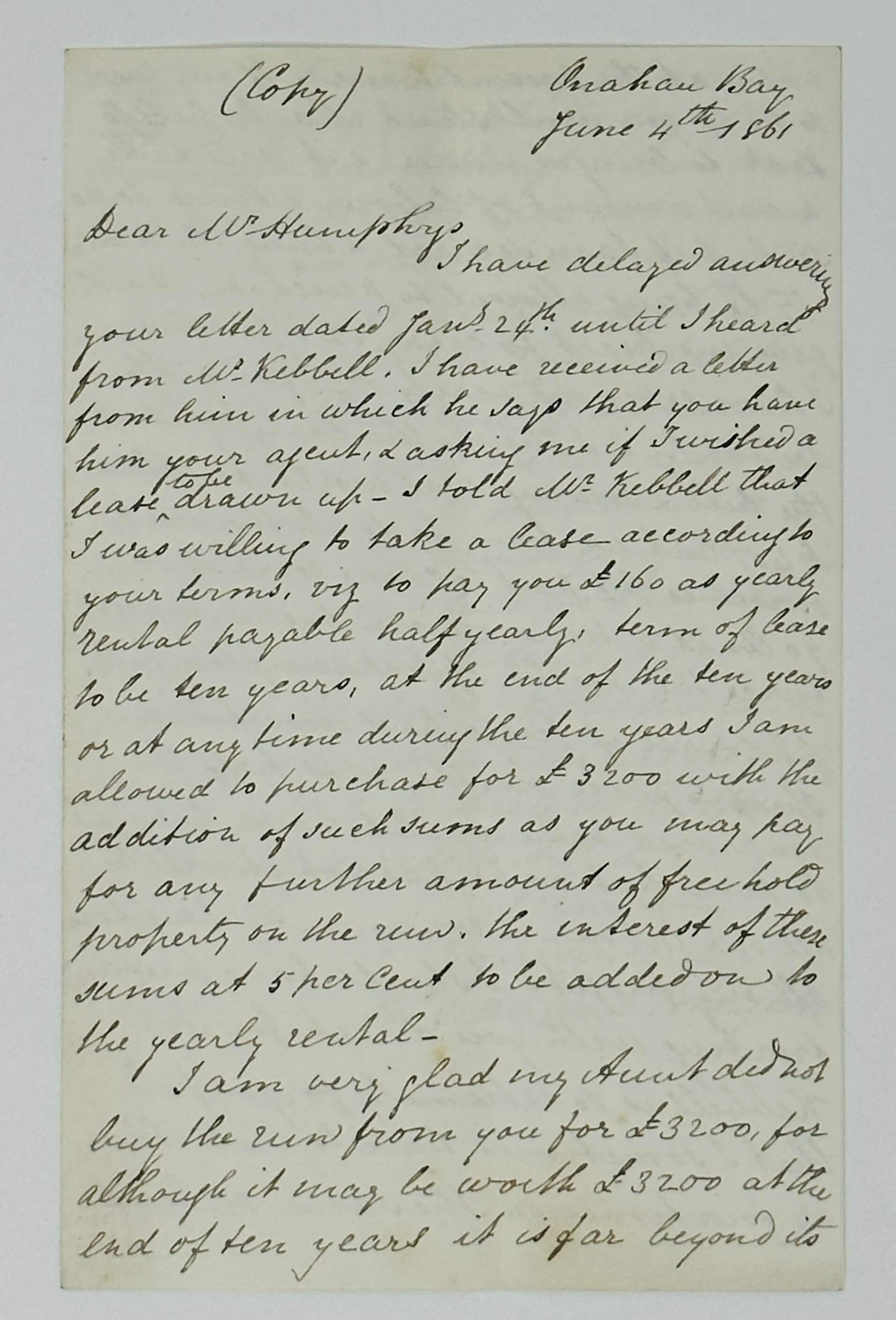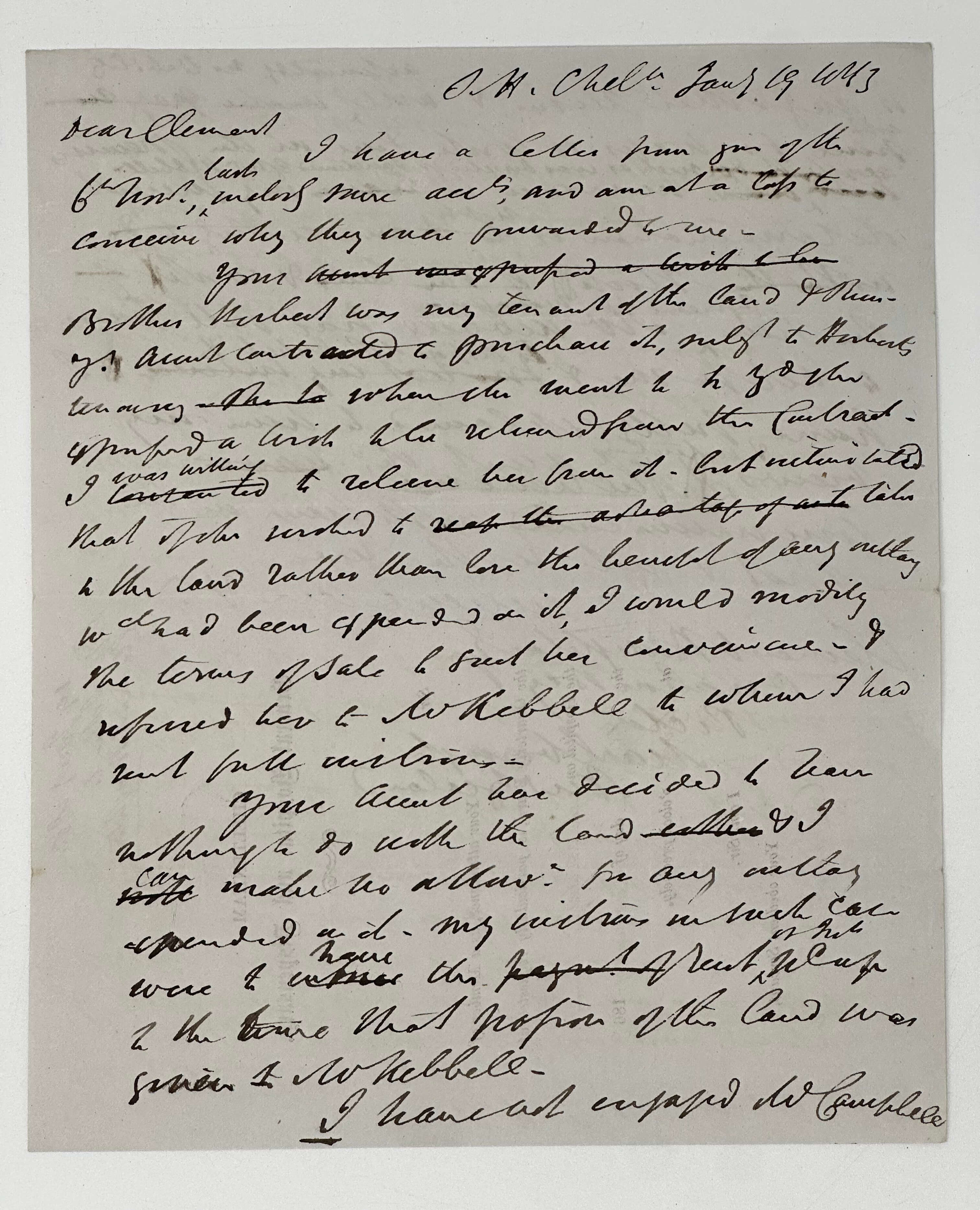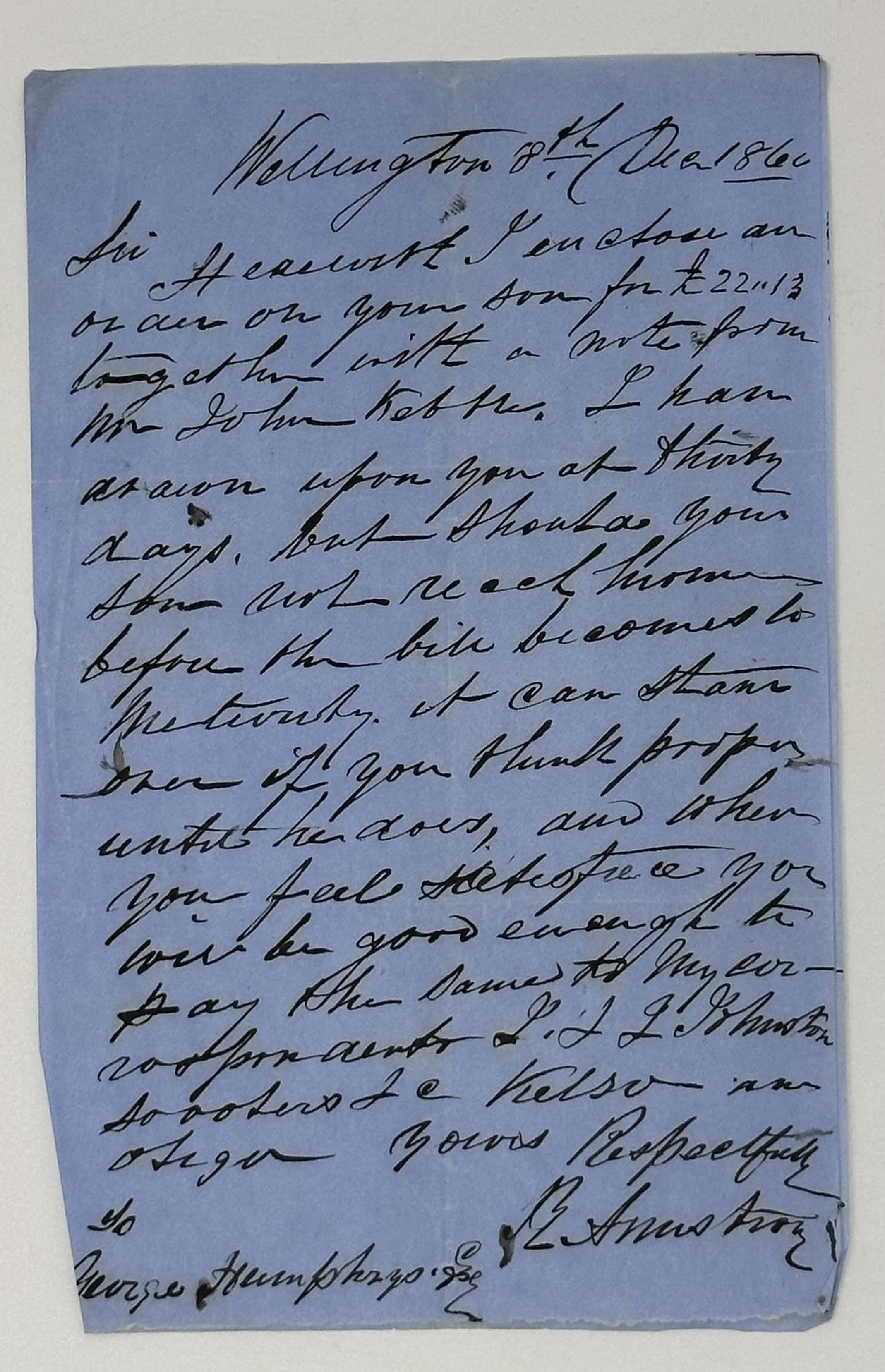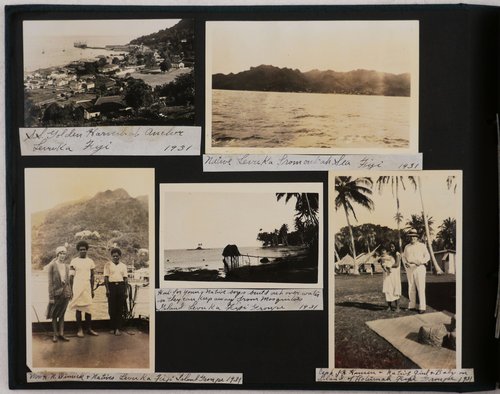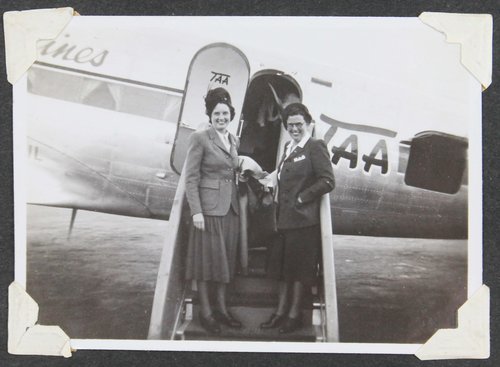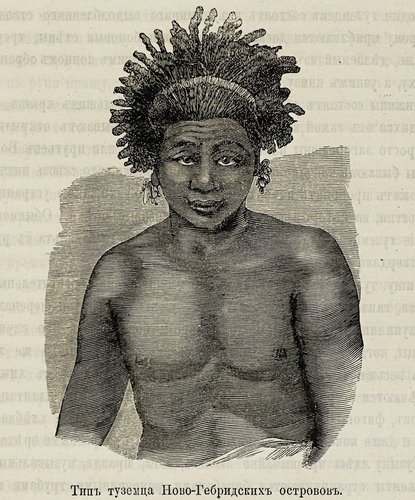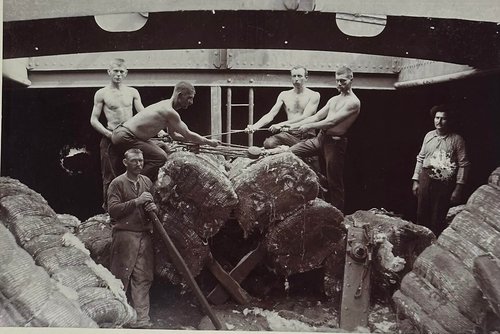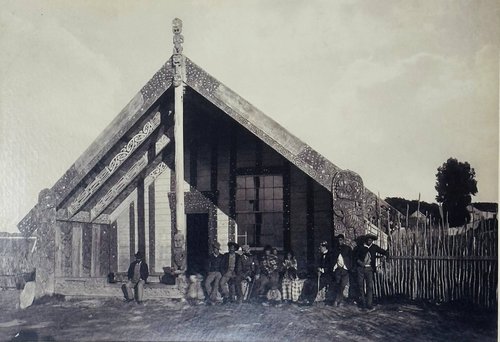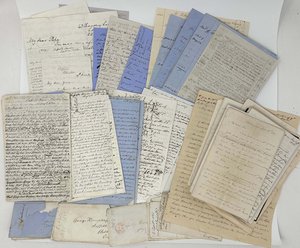
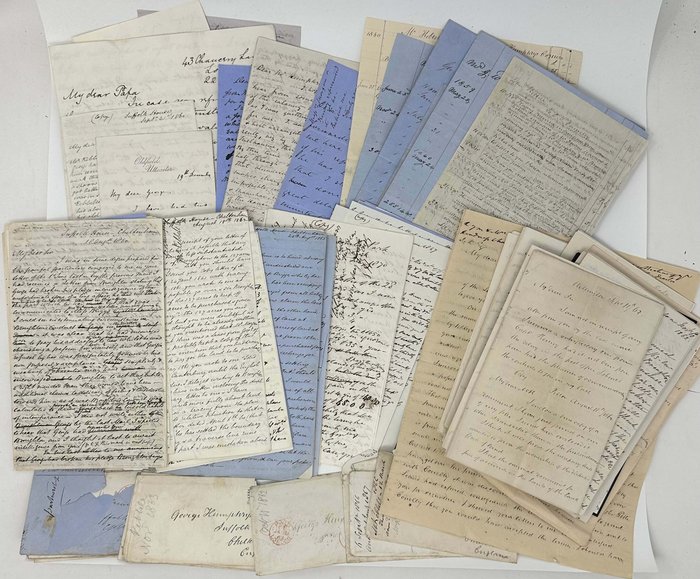
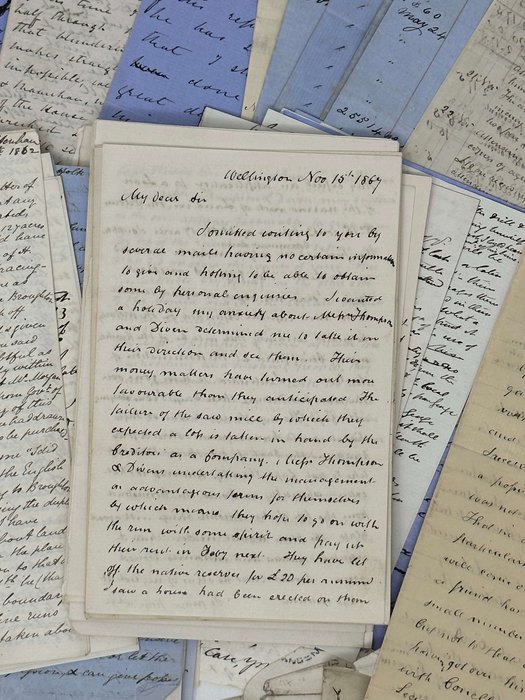
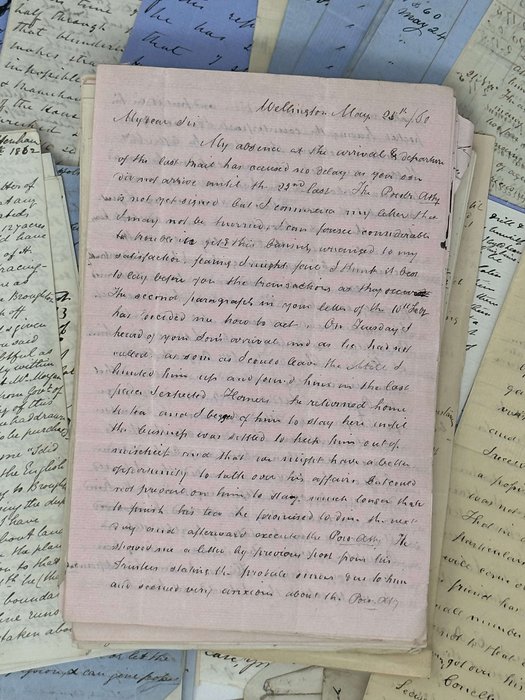
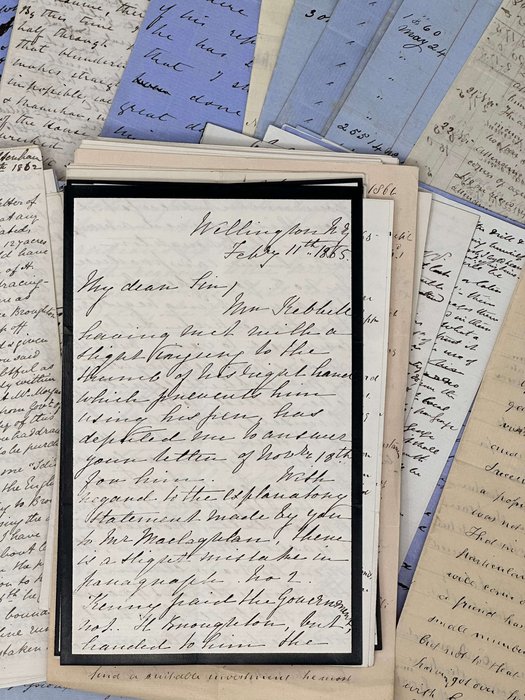
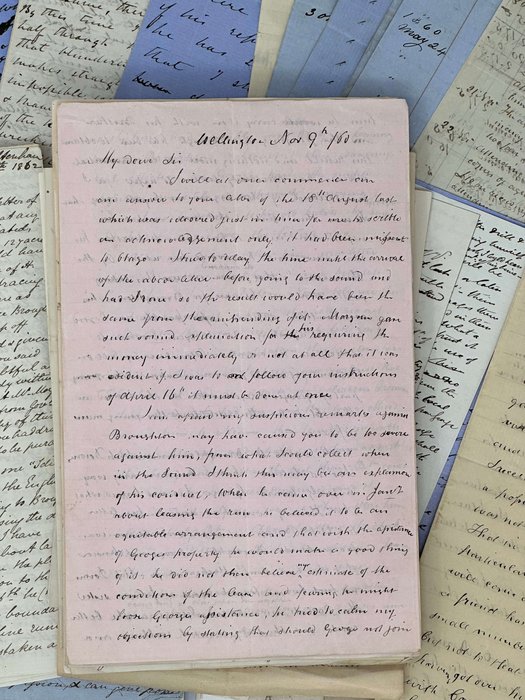
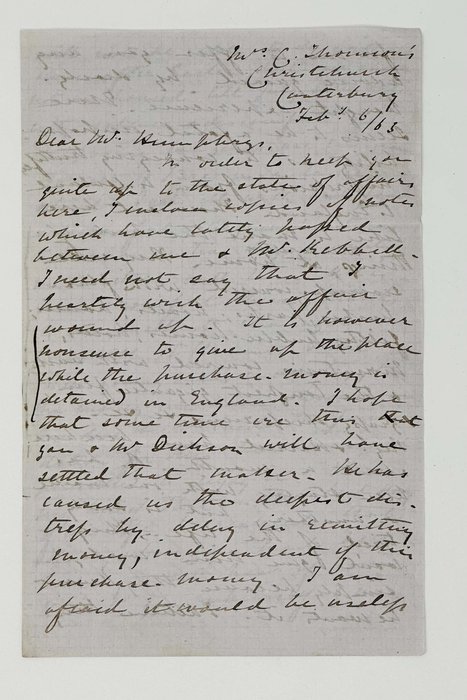
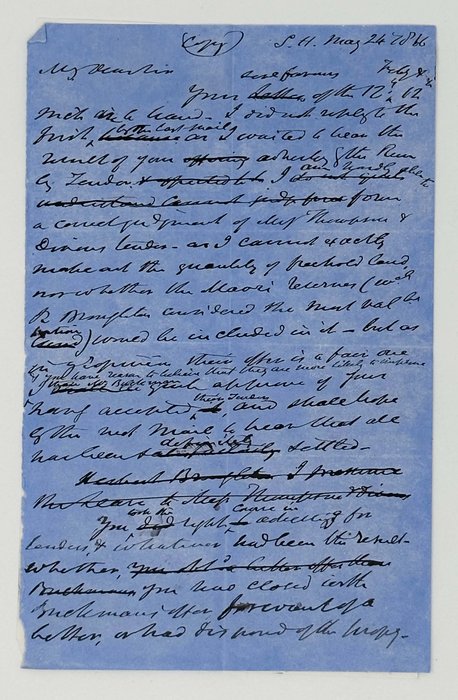
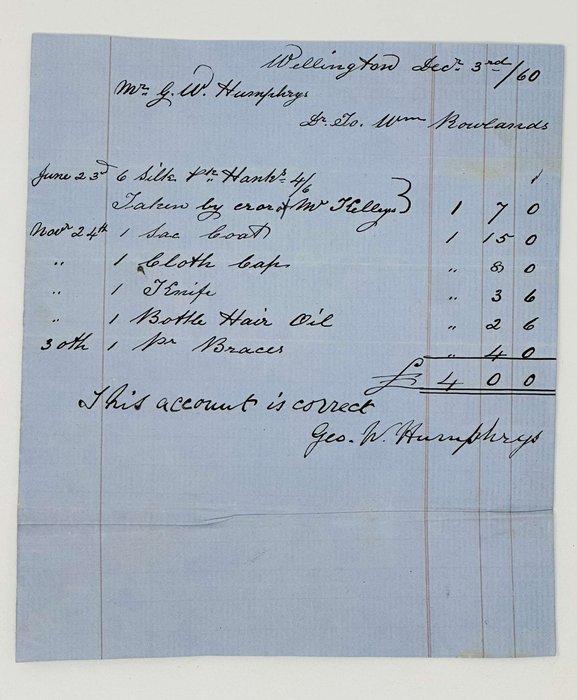
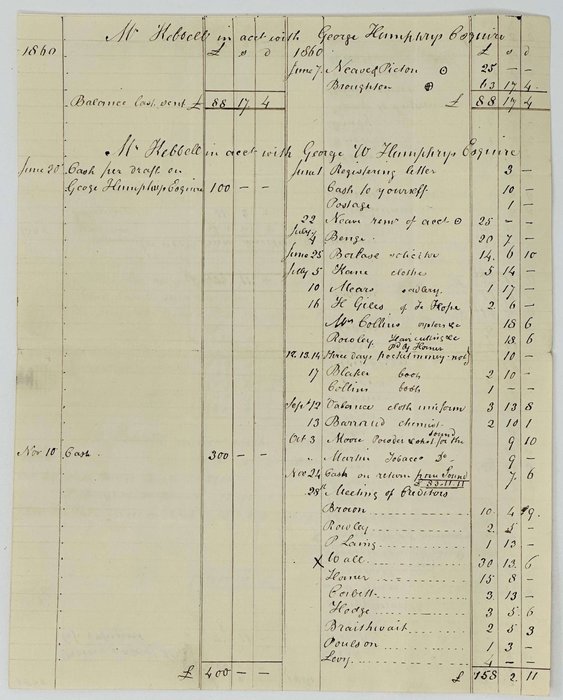
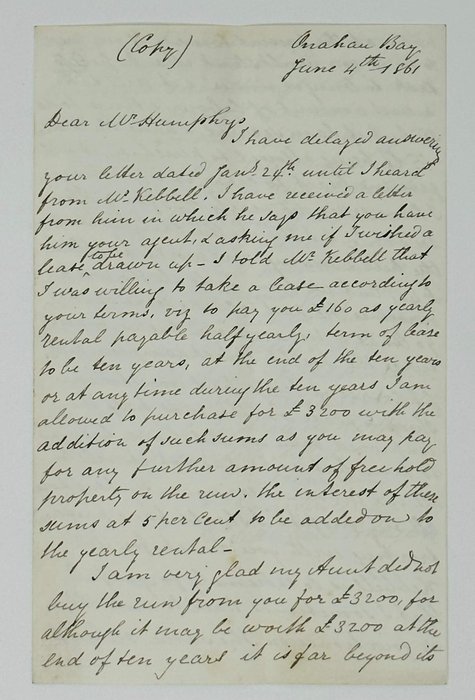
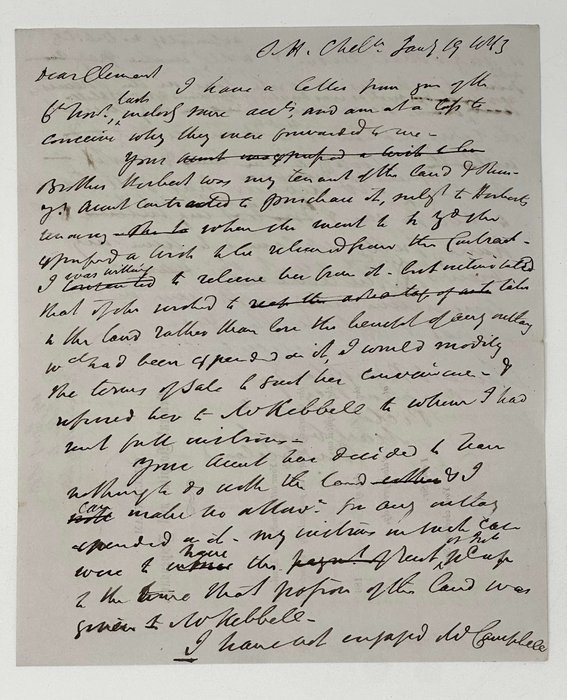
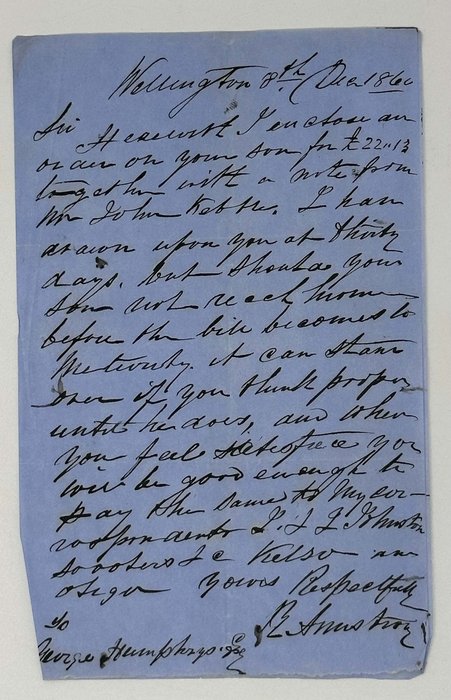
#MA84
Ca. 1860-1872
Over 80 original autograph letters and manuscripts, from ca. 26x20 cm (10 ¼ x 8 in) to ca. 6x11 cm (2 ¼ x 4 ¼ in); most letters are ca. 18x11 cm (7 x 4 ½ in) or slightly larger or smaller. With ca. 50 period copies of the letters (mostly, original manuscript copies or drafts, but also period lithographed copies) of the same size. Brown ink on creamy, bluish or pink laid and wove paper (single leaves and bifoliums, some watermarked); some leaves with blind-stamped paper mill marks in the left upper corners. Many letters are docketed in period ink on the first or last leaves of bifoliums (or on recto/verso of a single leaf). In all ca. 520 pp. of text.
With twenty-four original manuscript financial documents, from ca. 40,5x16 cm (16 x 6 ¼ in) to ca. 11x17,5 cm (4 ¼ x 6 ¾ in). In all ca. 38 pp. of text. Six bank papers with lithographed templates of “Messrs. Barnetts, Hoares, Hanburys & Co.,” four documents with British revenue stamps pasted on.
With thirteen original envelopes, ca. 7x12 cm (2 ¾ x 4 ¾ in), all addressed to “George Humphrys, Esq., Suffolk House, Cheltenham, England,” all docketed in pen or pencil, most with New Zealand postal stamps.
Fold marks and occasional creases, several documents with tears on the extremities or on the folds, several envelopes with tears and minor losses after opening; overall a very good archive.
Historically significant, extensive archive of original autograph letters signed, period copies and drafts of letters, as well as financial papers, regarding the management of pastoral runs in the Marlborough Province of New Zealand’s South Island during the pioneer years of sheep farming in the country. The collection contains correspondence and related documents from the archive of George Humphrys, an English esquire from Suffolk House, Cheltenham, Gloucestershire (later from Ashcombe Park near Leek, Staffordshire), who in ca. 1860 bought a pastoral run in the Onahau Bay (Queen Charlotte Sound, South Island) from the pioneer of the Marlborough region and future member of the Parliament of New Zealand, Captain Courtney Kenny (1835-1905). Most part of the documents are correspondence between Humphrys and his legal representative in New Zealand, a Wellington pioneer solicitor John Kebbell (over 60 original letters from Kebbell and ca. 40 copies and drafts of the letters from Humphrys), covering the period from the purchase of the pastoral run in 1862 to 1872, the last year of Humphrys’ life (died in 1873).
The letters from 1860-1865 mostly concern Humphry’s dealings with his tenant, Bryan Sneyd Herbert Broughton (ca. 1838-1862), and the negotiations about the purchase of the run by Broughton’s aunt, Mary Jane Briggs. A resident of Cheltenham, Mary Jane Briggs, founded the local Vallombrosa preparatory school for boys and was its principal for over twenty years (1864-1889). In 1861, she purchased George Humphry’s pastoral run “now in the occupation of Bryan Sneyd Herbert Broughton as tenant” - the original “Agreement for Sale of hereditaments in New Zealand,” signed by Humphrys and Briggs, is included in this collection. In 1862, Mary Jane Briggs and her other nephew, Reginald Broughton (1836-1912), travelled to New Zealand to inspect the pastoral run and finalize the sale; Reginald was also to become the headmaster at Nelson College. The conditions of the sale didn’t satisfy both parties, and after lengthy negotiations, the deal was terminated. Furthermore, on April 21, 1862, Herbert Broughton drowned in Onahau Bay after his boat capsized during bad weather (not long after, Broughton Bay in Keneperu Sound was named after him). In September that year, Mary Jane Briggs departed for England on board the Royal Mail steamer “Lord Worsley,” but the ship wrecked off the west coast of New Zealand’s North Island, and all passengers were taken prisoners by hostile Taranaki Maoris, who were not initially inclined to keep them alive. Mary Jane Briggs lost all her luggage but returned safely to the South Island and stayed in Christchurch, where Reginald Broughton took the position of the Headmaster of Christ’s College. The letters between Kebbell and Humphrys, as well as about thirty original and copied/drafted pieces of correspondence between them, Mary Jane Briggs, Herbert and Reginald Broughton and their relatives, discuss the abovementioned events at length.
Another big topic in the letters of Kebbell, Humphrys and Herbert Broughton is alcohol addiction and financial debts of Humphry’s son, George Washington Humphrys (ca. 1840-1910), who was sent to Picton, New Zealand, possibly to overcome his problems, but got worse, with frequent breakdowns and attempts to help from Captain Kenny and Broughton. Most of the financial papers from the collection concern George Washington Humphrys. Among them are bills from Wellington merchants for clothes, toiletries, accessories, horse riding equipment or “broken glass,” notes of debt and payment proofs.
The correspondence between Kebbell and Humphrys and Kebbell from 1866-1869 concerns the lease of pastoral runs in Onahau Bay and Pelorus Sound to “Messrs. Thompson & Divens of Havenlock,” and the letters from 1870-72 - lease negotiations with a Picton pioneer resident, Craddock Beauchamp (1830-1906). Among other topics discussed are land prices, New Zealand economics and politics, the First Taranaki War (1860-1861), sheep farming and wool industry, New Zealand bushfires, an earthquake, and others. Overall a historically important, extensive archive of original manuscripts, from the pioneer years of sheep farming in the Marlborough Province of the South Island of New Zealand.
Excerpts from the letters:
[Herbert Broughton to George Humphrys].
“Onahau Bay, Q.C. Sound. N.Z. April 24th/60. <…> George has signed a pledge to abstain from drinking, and I had great hopes of him & so had everybody else. He kept his pledge for some time, but a short time ago he had a love affair which ended unfortunately, and he then broke the pledge and since I have been unable to do anything with him, and I am now at my wits end to know that to do with him. About a fortnight ago he fell ill & I called in the doctor. The doctor examined George & told him that there was not much the matter with him & that if he obeyed him & abstain from drinking he would be all right again but that is he continued drinking he could not […?] for his life. <…> There is now a war with the Maoris & it only remains to be seen whether it will come to a war of extermination, or whether it will be soon over. From what I can gather, the former is most likely. Land in the other island is worth little a nothing. <…> Wellington is in a very bad state now, bankruptcies are occurring continually. Merchants, millers, butchers, bakers & all going to the wall. There are not a dozen men in Wellington now to whom I would entrust £100…”
[A copy of a letter from Herbert Broughton to George Humphrys].
“Picton, N.Z. Aug. 20th, 1860. <…> I attended a first land sale in the Wairau last Thursday, to but some town sections for Reginald, & I saw some miserable hill land in Port Underwood sold for £2.10 per acre. On the other hand I can buy the very best & richest agricultural land in the Pelorus Valley for 10 s. an acre. It is the situation & vicinity to a market that makes land valuable here. Messrs. Kenny & Morgan paid £2.10 for some of their land three years ago.
Regarding the runs: he would be a sharp man who could find a run to lease from the government in the Provinces of Nelson or Marlborough, or in fact in any province, unless it were the South of [Otago?]. The Sound is valued so highly, that people are almost insanely buying up all land in it at almost any price. <…> I must tell you that this run in about 5 miles from Picton & six from Havelock & there is not another run so conveniently situated for supplying the market at Picton or for getting the wool away. The public buildings are shortly going to be commenced here. We are going to have a public dinner here to our members tomorrow…”
[Mary Jane Briggs to George Humphrys].
“The College, Nelson, New Zealand, April 10th, 1862. “<…> The [correspondence] is a very slow business in this country. The mails are carried by little coasting steamers & it takes fully a fortnight to get an answer from Wellington. <…> It is probable that I may adopt George’s plan of living in Picton, though difficulties & hindrances abound. This place has great natural beauty. The colonists have done wonders within the last 20 years, but very, very much remains to be done…”
[John Kebbell to George Humphrys].
“Wellington, May 7/62. <…> By next opportunity I appointed to be in Nelson to meet Miss Briggs and her solicitor by the return boat we had the sad and startling news of Herbert Broughton’s death by the capsizing of his boat…”
[Mary Jane Briggs to George Humphrys].
“Hardy St., Nelson. Feb., Oct 4th/62. Dear Mr. Humphrys, I hope that you would hear from some quarter by last mail of the calamity which befel [sic] me just as I was quitting N. Zealand <…> I was setting off in the safest & best arranged manner possible, apparently, viz. by mail steamer to Sydney & Melbourne, there to join the Str. Britania. <…> By a piece of that blundering so common here, which makes straightforward reasonable journeys impossible, we were sent round to Taranaki & Manukau, merely to take three members of the House home & were wantonly wrecked & detained among natives. You will see an acct. of our adventures in a paper which I posted at Taranaki. <…> I was detained nearly 3 weeks at Taranaki & was absent nearly a month in all. I have lost all my baggage, except a mere change, & this by the shameful mismanagement of Mr. Graham to whom I had unfortunately given praise in the story. I believed the man that my baggage was actually on the way, whereas I was left among the natives. There are other grievous sufferers among the passengers, Captn. & Mrs. Campbell & family. <…> There were several passengers for England on board, who, I with them, should much have preferred sticking to the vessel guarding our property till help came by sea, but we were overruled by the Maori […?] to our heavy loss. The vessel is perfectly upright & her upper works are quite dry, I believe, now. There is no excuse whatever for the Captain. His course was a most rush one, unless the wind had been dead offshore. Some faint hopes are held out of my recovering my baggage & I stay here for a time in great misery to see whether anything will come of these. <…> If you could see the thwarting blundering roguery to which me & all of us have been subjected…
<…> A political struggle is now going on within the […?] of Marlborough as to whether Picton or Blenheim is to be the provincial capital. This had been decided for Picton, & the Govt. buildings are there, but an adverse majority has disturbed the question again, & the Blenheim people are furious against Picton. Captn. Ballie ha lost his office of Superintendent. <…> Steamers for the Panama route are now seriously contemplated. Canterbury & Otago will no longer submit to have the seat of Govt. at Auckland. It is to be in Cook’s Strait. Nelson is excluded on account of the smallness of the harbour; the choice lies between Wellington & Picton. There are many objections to the former for large steamers, & as the seat of Govt. & place of call for steamers should be identical, Picton has a good chance of being chosen. <…>
It is a disgrace to N.Z. that they have not electric telegraph at lease in the Southern island. The leading men who came out twenty years ago really don’t know what these things are. <…>”
[Mary Jane Briggs to George Humphrys].
“Mrs. C. Thomson’s, Christchurch, Canterbury, Feb. 6/63. <…> The colony sadly wants the ballast of older minds. It has fine capabilities The young are scarcely allowed to be honest-rationed & straight-forward. There is a torrent of public opinion in favour of roguery & madness schemes. Nevertheless, a strong family party with good credit, holding their own ground 7 helping one another, might be of immense service in such a place a Picton. The place is getting on in spite of its folly & wickedness. Its first woolship is expected daily to load for London. <…> There is no place in N.Z. that I have seen where large vessels can lie alongside the wharf at all times of tide except Picton. <…> The heat is dreadful here at Christchurch & without any comfort to make it endurable. Water is exceedingly scarce. I heard of one place where they had to fetch it three miles every day & I hear very bad account of the sheep on the plains. They are dying fast. We have been stiffed with the smoke from bushfires, though there are none near the town. The moon looks copper col. through the smoke. We had a slight earthquake a few days ago. It was as if a giant was shaking the house. I have not heard of any damage being done.
Christchurch has been very boastful as to its prosperity, but there are some ugly threatenings ahead I think. In the last week, there was a large bankruptcy & a suicide from pecuniary pressure, & the Superintendent, who has just registered, & who had been living at a very great rate, is insolvent & is said to have been guilty of unjustifiable jobs. I consider that Captn. Kenny has bought his office of Commissioner of Crown Lands with your money…”
“(Copy). M.J. Briggs to Mr. Kebbell. Christchurch. Canterbury, Jan. 20/63. Dear Sir, In reply of yours of the 10th Inst. I can only repeat that Mr. Humphrys cannot exercise the rights of ownership over Onahau Run by distraining for rent, letting or in any other way, till he gives up to my solicitor in England the engagement made by the latter to pay over to him the purchase money with interest from June, 1861. <…> The leases of Onahau & Bryandale were granted some time before the sale of the property to Mr. Humphrys & of course could not be affected by that sale. <…> Any purchaser, I myself, should have been bound by those leases, as I found soon after I landed at Nelson. They are both for ten years, of which about three have expired. Rents, very much above the real value, have been paid to Messrs. Kenny & Morgan. We could, if we pleased, carry on a small sheep farm at Onahau & Bryandale, by fencing the latter, government having reserved a right of way over the isthmus. We are however, quite willing to consent to any fair arrangement with Mr. Humphrys for giving up the leases & also the government grant for the 127 acres, when Mr. Humphrys shall legally annulled the agreement for sale…”
[William J. Briggs to George Humphrys].
“Liverpool, 17 April 1863. Dear Sir, Hearing from my cousin Wm. Dickson of Preston that there seems to be a deadlock with regard to final settlement between you and my sister, Mary Jane Briggs, as respects them giving up of the “Run” on Queen Charlotte Sound, New Zealand, and your giving her a release and hearing also from him & from my sister that the whole party in New Zealand are reduced to great straits <…>, I have offered to go to Cheltenham to confer with you about this tangled business, if that would lead to any good result. I may observe that from the very first mention of the scheme of taking the run with “borrowed money” (from you) I most earnestly cautioned both my sister & Reginald Broughton against them embarking in such a venture, except on the conditions which I laid down for them as those alone on which such a scheme could succeed in New Zealand. I did this from my long experience of such undertaking in the Australasian colonies. <…> Hearing some two or three months ago of their troubles and difficulty in settling with your agent Mr. Kebble [sic], I wrote urging them to give up any insignificant claims they might have for improvements and to get rid of the Run. <…> I hope that have settled with Mr.Kebble, but it appears that this gentleman, like you & them & poor Herbert has been grossly deceived by those rogues Kenny & Morgan. If experienced Mr. Kebble [sic] was taken in by them, no wonder that Herbert Broughton, young, unbusinesslike & unsuspecting, should have been cheated by them. He appears to have been completely fleeced by them. His capital and what was advanced by his brother & aunt has all gone, except some small plot of land that the poor widow claims…”
“Copy of Letter from Captn. Kenny to Mr. Kebbell.
Picton, 15 Dec. 1863. <…> With reference to Mr. Humphrys instructions to you not to pay rent for License of the Run I would observe that I think it would be mistaken policy, for the sake of the trifle of rent to forfeit the License which in my opinion conders certain advantages on the adjacent freehold. I must warn you that if the rent is not paid the right of depasturage will be forfeited and the run put up to auction…”
[Reginald Broughton to George Humphrys].
“Vallombrosa, September 2, 1865. <…> With regards to the present actual value of the land at Onahau, I […?] mention that in 1863 Captn. Kenny let Loch Mara opposite Onahau, originally forming part of the same run, to three labouring men on the following terms. They were to have the house and land rent free for one year, but were to take Kenny’s pigs & other stock off his hands. After the first year they were to pay rent, but I do not know how much. Well, they took the place for a year & put 100 sheep on the run, besides [bringing?] the pigs, &c. They lost most of their sheep, but they managed to make a living. After the first year they declined to continue the arrangement. The last I heard was that some cousins of Kenny’s were gone there & that he had let the place to them, but I do not know on what terms…”
[John Kebbell to George Humphrys].
“Wellington, March 15th, 1872. I delayed writing to you until the completion of the lease of Run to Craddock Beauchamp intending them to give you a detailed account of proceedings. On New Year’s Day an excursion boat to Picton and back the same day at 5 gave me the opportunity seeing C. Beauchamp <…>. We then finally settled and gave instruction to Mr. Conelly to prepare it [the lease], who shortly after visited Wellington upon other business, when he inspected title and agreed to amend draft lease. But the day before yesterday I received a letter from C.B. to say that he found himself in such a position that he was obliged to file his schedule but as the lease was not signed, it would in no way interfere with the arrangement <…> His affairs are puts straight, a friend has offered him 300 sheep to start with. <…> I suspected he was in some difficulty but not to that extent. <…> it is the only offer and apparently the only chance of getting rid of the ownership which I think desirable under the present prospects of New Zealand which half her income due for interest on borrowed capital and her expenses require more than the other half and further it has been propose to borrow some £8 or 10.000.000 to construct railroads. That I think cannot pay working expenses unless something [comes?] up <…> Dairy produce & stock are so depreciated that my son not only can pay no rent but has cost me at the rate of £200 per annum, so that I have requested him to live at home and we are about letting the place rent free for five years, everything to be given up in no worse condition…”

